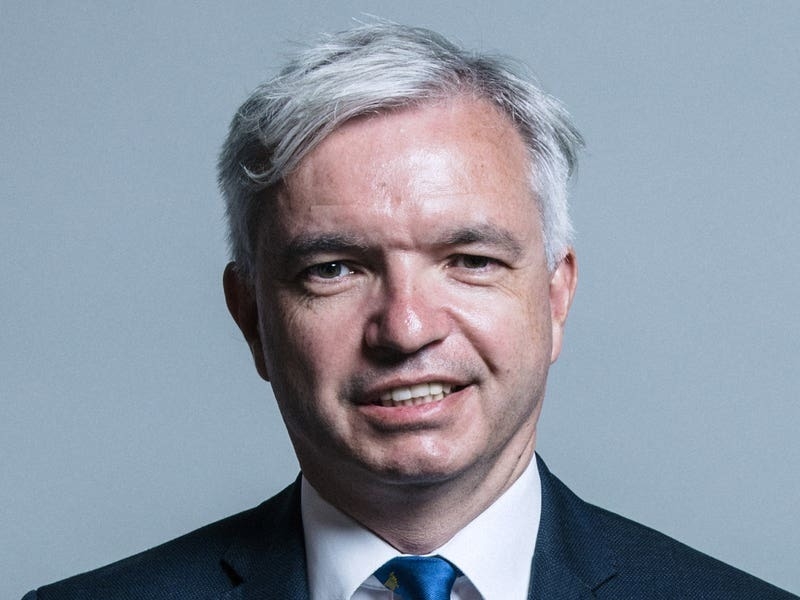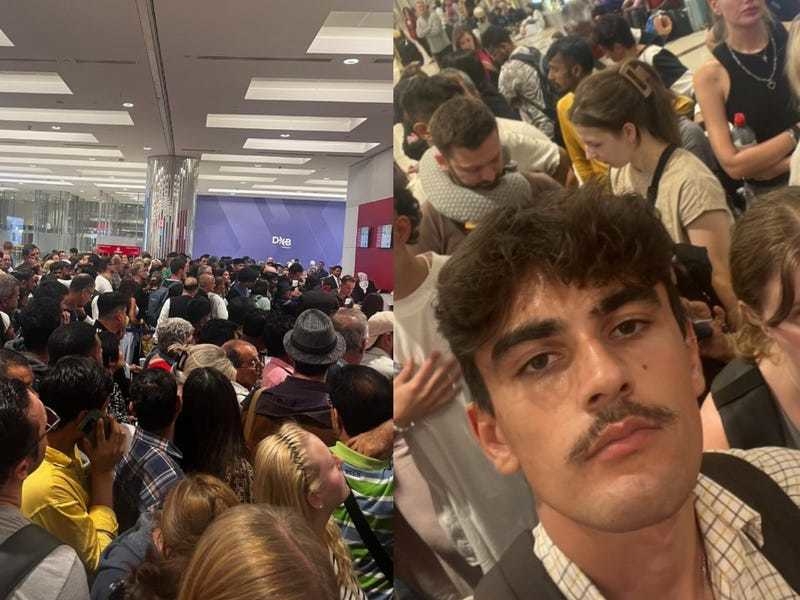On the plus side, the voter turnout was marginally better than for recent autumn elections, but that may have had more to do with a greater than usual desire for change than better weather on polling day. On the other hand, by the time all the post-election elections and appointments – chief minister, ministers, assistant ministers and scrutineers – had been made it was time for the States’ summer recess and off they went on holiday.
On balance, that’s probably a better sequence of events than what used to happen after an autumn election. By the time all the key posts had been determined there was barely time to dust off the abacus before the States was required to agree the annual budget. What that meant in practice was the work had largely been done before the election and significant policy change was not easily accommodated. That was fine if the same Treasury Minister, or someone who had been lined up, was returning, but not so easy if, as happened this year, there was a wholesale changing of the political guard.
There is no doubt the new Council of Ministers has kept its collective head beneath the parapet this summer. As a friend put it to me recently: ‘I was pleased to see Senator Le Fondré on television last night. I was beginning to think he was a figment of my imagination.’ Certainly, the approach of this team is different from the last lot, but it’s much too soon to say whether it is going to prove more effective.
That appearance on the telly by the Chief Minister was in response to Ofsted’s report on children’s social care. It was not a positive review and, a year on from the damning Independent Jersey Care Inquiry, one wondered why so little progress had, apparently, been made. Perhaps the key word there is ‘apparently’. When a machine is badly broken, before it can properly be mended a good deal of time has to be spent examining why it broke down in the first place; there’s no point in a quick fix only for it to break down again.
There is evidence to suggest quite a bit of work has been done. The appointment of the first Children’s Commissioner, Deborah McMillan, is a big step forward and the fact that her selection involved the newly formed Young People’s Panel is another positive. One also understands that, behind the scenes, a number of posts in Children’s Services are being filled by ‘doers’ who are replacing those who might have been good at talking or drawing up plans, but not much cop at actually getting things done.
Then there’s The Pledge. When unveiled this looked like an attention-seeking device to demonstrate the Assembly and leaders in public service were unified in a commitment to fixing the machine of Children’s Services and keep it running well. I thought the Chief Minister looked slightly embarrassed when he was the first to sign, as if he understood perfectly well that it was a political stunt and one for which he didn’t have much appetite. I’m guessing it might have been the idea of the Children’s Minister, but it doesn’t matter who thought it up, surely there’s no harm in it and it might even help.
However, some States Members, apparently led by Deputy Scott Wickenden, supported by Deputy Jess Perchard, got all precious about it. How could they possibly sign The Pledge when they didn’t have the power to see it through? The Pledge isn’t a formal proposition that States members might vote for or against, it’s nothing more than the expression of an intention to work together to the benefit of local children. So Deputies, unless you’re not prepared to work for the common good, just sign it instead of whining to the media about responsibility without authority.
As I write this the second planning inquiry into the new hospital is under way. This is my own recent experience: At the beginning of the month I underwent surgery at the General Hospital and, on returning from the recovery room and still partially under the influence of the anaesthetic, I just wanted to rest and sleep. However, sleep was impossible because of the noise of a drill being used in another ward, which is being refurbished. The noise went on, intermittently, for much of the day, alternated by hammering. On the basis of this experience I believe it would be impossible to build a new hospital on the existing site without affecting patient care and wellbeing.






